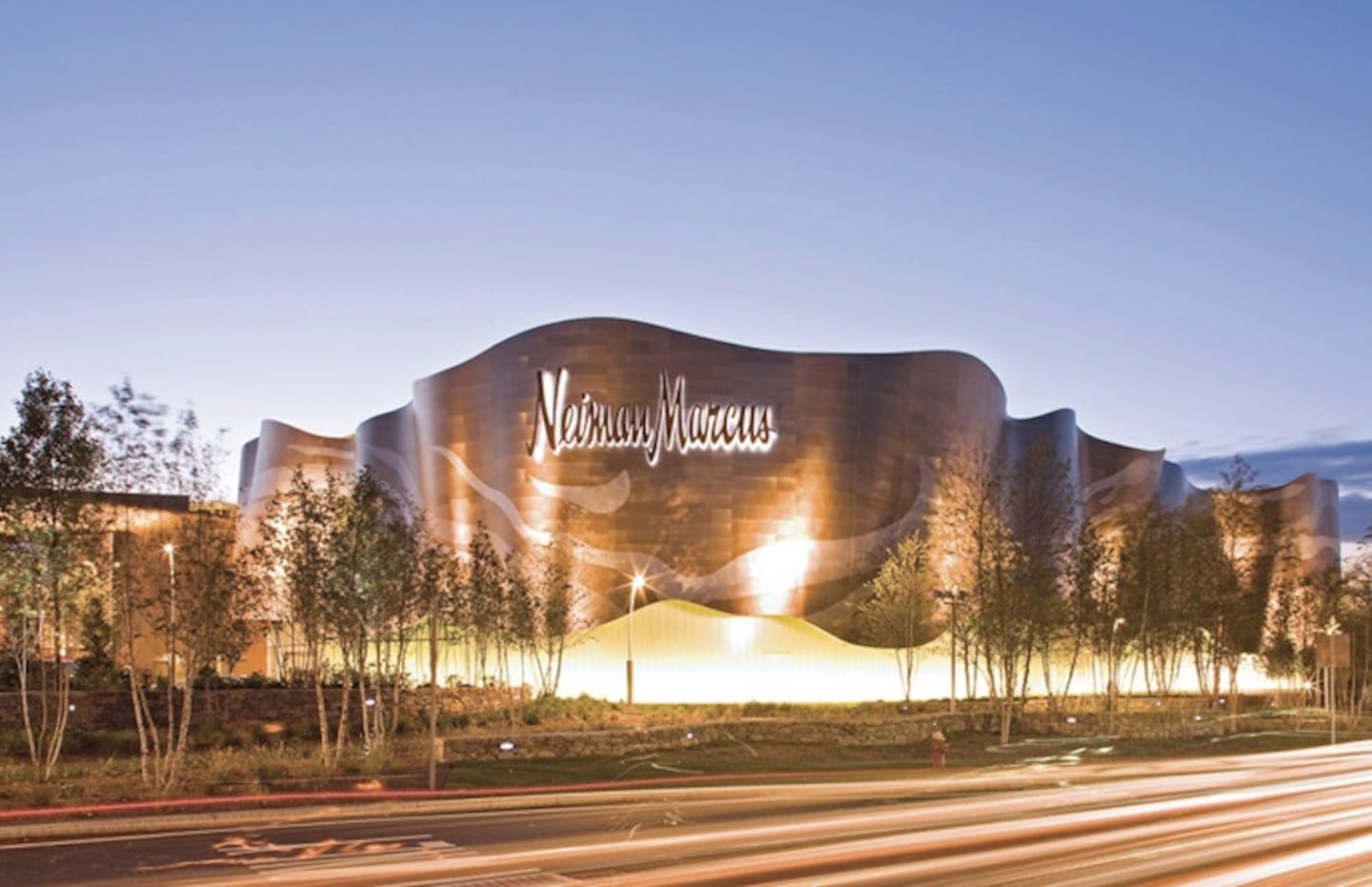
The Business of Fashion
Agenda-setting intelligence, analysis and advice for the global fashion community.

Agenda-setting intelligence, analysis and advice for the global fashion community.

Neiman Marcus Group (NMG), the American luxury retail company based in Dallas, announced on Tuesday an agreement to acquire the retail platform Stylyze.
Stylyze is a machine learning SaaS (software as service) platform that recreates in-store experiences like styling, visual merchandising and clienteling for digital retail platforms. In addition to Neiman Marcus, Stylyze has worked with Target and Home Depot. NMG has worked with Stylyze since 2018 and plans to complete the acquisition in 2022. It did not disclose the terms of the acquisition, though NMG chief executive officer Geoffroy van Raemdonck said Stylyze’s founders would remain with the company.
“We saw the results, both in terms of our customers replying to the sales associate, how they converted much more than when we didn’t use Stylyze and then most importantly, how quickly they reengaged with us after the look was sent to them,” van Raemdonck said of the clienteling tool, called Connect, that NMG developed with Stylyze and ultimately helped encourage a deeper partnership.
Neiman Marcus emerged from bankruptcy in September 2020 after filing in May 2020 when the pandemic exacerbated its woes. Its restructuring plan allowed the retailer to shed $4 billion of debt and avoid mass store closures. (The company did, however, close its headline-making Hudson Yards store in July 2020 after opening in 2019, along with at least three other US locations.)
ADVERTISEMENT
In a press release, the company said it is now able to make strategic acquisitions as its total outstanding debt fell to $1.1 billion in April 2021 compared to $5.1 billion the previous year. NMG said it has over $850 million in liquidity. It added that its fiscal third-quarter sales were “relatively flat” compared to pre-pandemic levels, with the company’s e-commerce business accounting for about 35 percent of revenue.
But the Neiman Marcus Group, which also includes Bergdorf Goodman and luxury furniture retailer Horchow, faces many of the same challenges other luxury retailers do: Namely, it is hard-pressed to convince shoppers that department stores, both in-person and online, are a shopping destination. Making digital a top priority is one way to convince younger consumers — who consider department stores to be for their parents and grandparents — to shop with them.
In 2019, Neiman Marcus was the first major luxury multi-brand retailer to invest in a resale platform, Fashionphile. Other multi-brand retailers have made attempts to court younger shoppers accustomed to digital-first purchases. Richemont-owned Yoox, for example, launched Hi_GuyZ! in June, a curated hub of brands meant to appeal to Gen Z.
With Stylyze, Neiman Marcus hopes to convert one-time shoppers into lifetime customers, attracting them with automated styling suggestions that the retailer’s sales associates then help bring to life.
“The real opportunity is to use the customer who joins you online, migrating them into a real relationship,” van Raemdonck said. “This could be you buying online but you share your cart with a digital stylist and they give you advice and then you finalise your transaction, or it could be that you engage with a sales associates from remote and they advise you on what to buy, or ultimately, it could be that you come to the store.”
Related Articles:
The company has continued to struggle with growing “at scale” and issued a warning in February that revenue may not start increasing again until the fourth quarter.
The British musician will collaborate with the Swiss brand on a collection of training apparel, and will serve as the face of their first collection to be released in August.
Designer brands including Gucci and Anya Hindmarch have been left millions of pounds out of pocket and some customers will not get refunds after the online fashion site collapsed owing more than £210m last month.
Antitrust enforcers said Tapestry’s acquisition of Capri would raise prices on handbags and accessories in the affordable luxury sector, harming consumers.